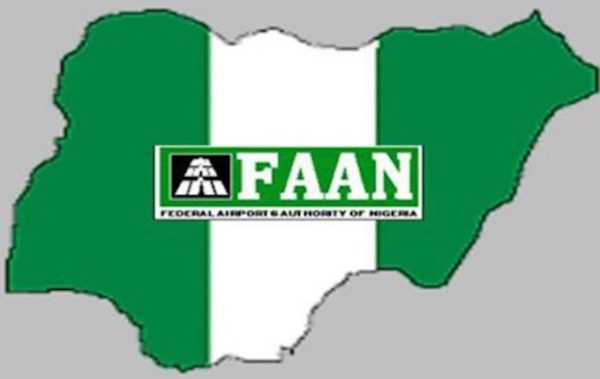
Since the coronavirus disease (COVID-19), which originated in China, spread to several countries and territories; many economies around the globe have witnessed reduced economic activities since February 2020.
Industrial facilities have shut down in several countries as the global supply chain has been disrupted. Global crude prices have fallen below $22 per barrel – the lowest since 2003 – due to the escalating global economic impact of the pandemic, deepening Nigeria’s fiscal problems.
As part of efforts to convert these challenges into gains, export has been itemized as a viable alternative to the bothersome overdependence on imports. While there are numerous challenges and aspect of exporting that requires significant modification in the country, the place of Nigeria Customs Service (NCS) is one that can be likened to a dilemma.

Despite the government disposition to support export to bolster the nation’s economy, it continuously sets revenue targets for the Customs with the benchmark for 2020 pegged at N2 trillion and this sum is expected to be realized via imports.
Although the debate on whether Customs primary role is trade facilitation or revenue collection divides opinion, the reality in Nigeria is that Customs have a mandate to merge trade facilitation and revenue collection.

Speaking MMS Plus newspaper on this Customs quagmire last week, a former President of National Association of Government Approved Freight Forwarders (NAGAFF) Chief Eugene Nweke, posited that the challenge was evident in the Customs law.

“NCS was established by a law and that is the Customs and Excise Management Act (CEMA). The last administration of Customs called for an amendment on CEMA. The amendment was concluded and sent to the President for approval but it was called back to be revised. Since then, it remained under the file” he said.
According to Nweke, the present CEMA is a draconian law which is anti-trade by nature.
“It was a document prepared before the independence as Jones law from the British. Nigeria adopted this draconian law and all we have done is to add more laws to it. We have continued to add caps but the crux of the law remain draconian,” he posited.
Going by Nweke’s submission, there is need for Customs to have what represents a trade facilitation tool. The government has always seen the Customs traditionally as a revenue generating arm; however, in reality Customs can also play roles beyond trade facilitation, with safety issues also pertinent via preventive measures.
If government sees the agency as one that should facilitate trade, revenue targets shouldn’t be set for the Service and its Commands. The emphasis should shift to volume targets in terms of cargo volumes facilitated via exports and imports. The question would be how many cargoes can each Command handle, process and deliver per day, per month or annually? When we begin to set cargo volume targets for Customs, it would accelerate revenue generation.
Can Nigeria Customs become more flexible and tilt towards trade facilitation and enhanced cargo traffic resulting from their efficiency, speed and transparency? If so, they can solve this import-export dilemma and salvage Nigeria’s economy with an export supportive poise.
 MMS PLUS NG – Maritime, Aviation, Business, Oil and Gas News Online Newspaper with coverage in Maritime, Oil and Gas, Aviation, Power and Energy as well as Financial News
MMS PLUS NG – Maritime, Aviation, Business, Oil and Gas News Online Newspaper with coverage in Maritime, Oil and Gas, Aviation, Power and Energy as well as Financial News









